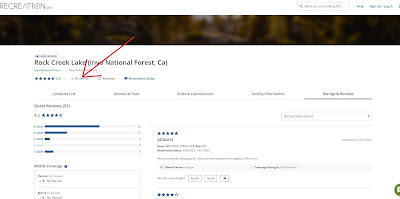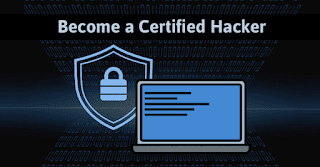How to Subscribe
Subscribing to Deadcellzones.com is simple:
- Visit the Deadcellzones.com website.
- Use your Google account to sign in and start accessing the comprehensive cell phone dead zones database immediately.
Affordable Pricing
- $0.03 Per Day
- $1 Per Month for access to the Map Database
- 7-Day Risk-Free Trial: Try it out with no obligation and cancel anytime.
💥 All-Access Map Bundle: 22 Maps for $9.95/month (FREE 7-DAY TRIAL)
Syndicated Maps has recently launched a value-packed bundled subscription that gives users access to all 22 of its niche maps for just $9.95 per month—a savings of over 50% compared to subscribing individually. This all-access plan was created in response to user demand for a more affordable way to explore multiple data layers across traffic enforcement, environmental hazards, wireless coverage, energy infrastructure, and public safety. Whether you're a researcher, commuter, traveler, or concerned homeowner, this bundle lets you seamlessly tap into detailed, location-based intelligence from across the entire network.
Each map serves a specific purpose—from helping drivers avoid speed traps to alerting families about nearby environmental hazards. The Syndicated Maps network has earned the trust of millions of users annually, including commuters, journalists, health professionals, and urban planners.
Why Choose DeadCellZones.com?
-
Accurate Coverage Maps: Our detailed maps pinpoint areas with poor coverage, so you can plan your routes and avoid dead zones.
- Carrier Reviews and Ratings: Get real-time reviews and ratings from users like you, helping you choose the best carrier for your needs.
- Community Insights: Join a community of users sharing their experiences and tips on improving connectivity.
Why Subscribe
-
Exclusive Access: Subscribers enjoy exclusive access to map data, add new locations, and search the map.
- Updates: Receive alerts about network improvements, new cell tower installations, and special offers from carriers.
Join the DeadCellZones.com Community Today
Don't let poor connectivity hold you back. Join DeadCellZones.com today and experience a new level of connectivity awareness. Whether you're traveling, working, or at home, we're here to ensure you're always connected when it matters most.
Community Engagement
Join a community of drivers dedicated to identifying cell phone dead zone locations. Deadcellzones.com encourages user feedback and updates, ensuring the database remains robust and reflective of real-world conditions. We update our database daily, adding and removing locations as needed.











